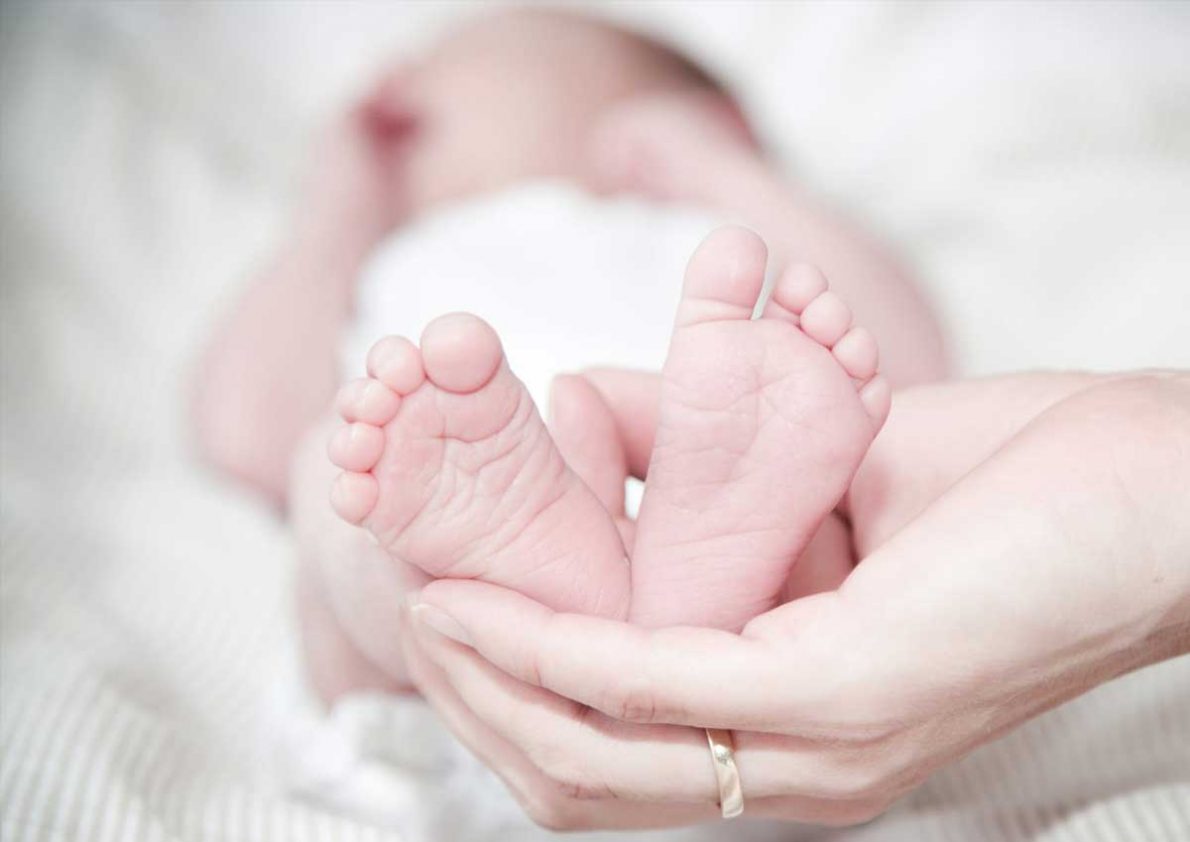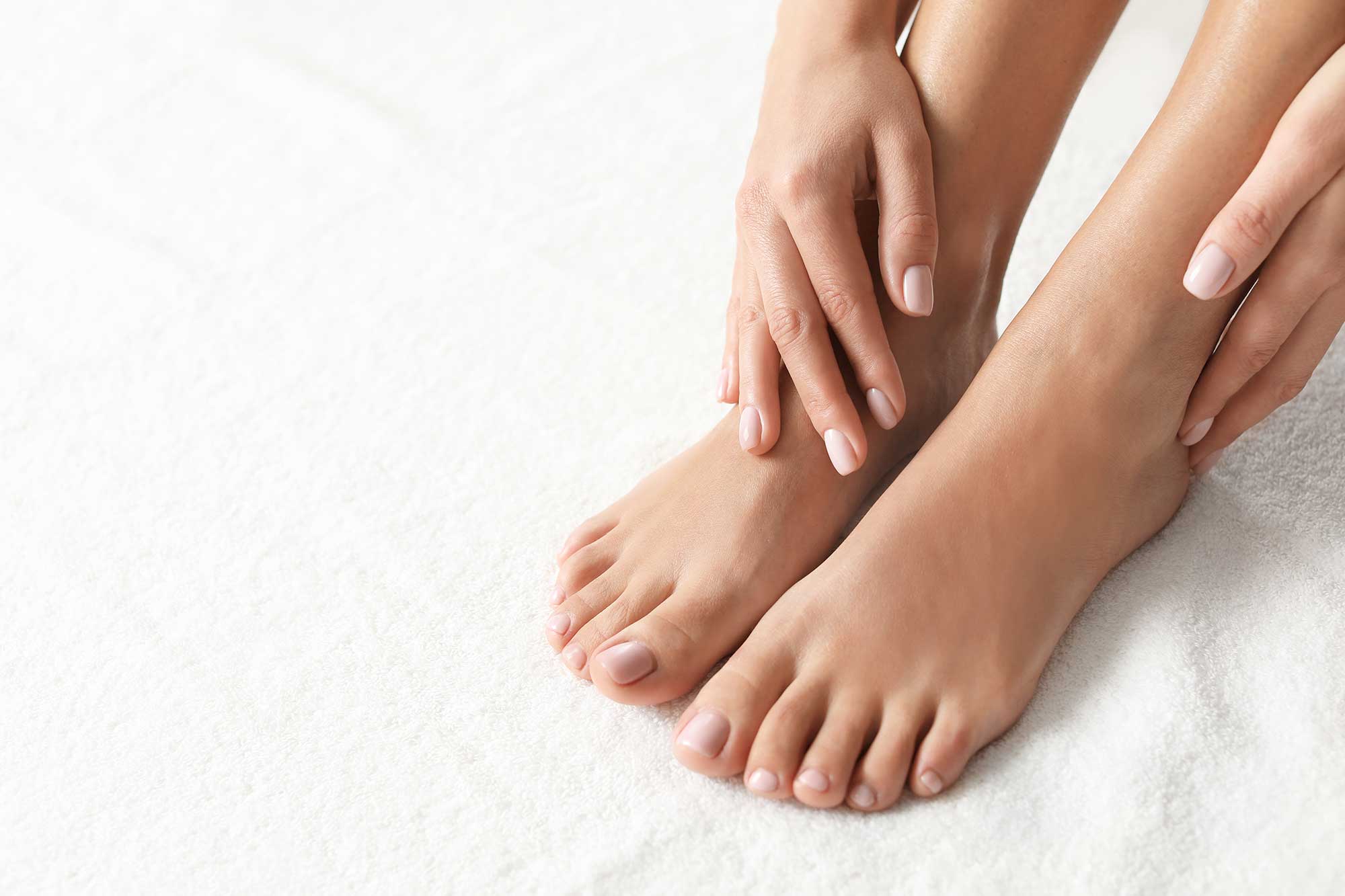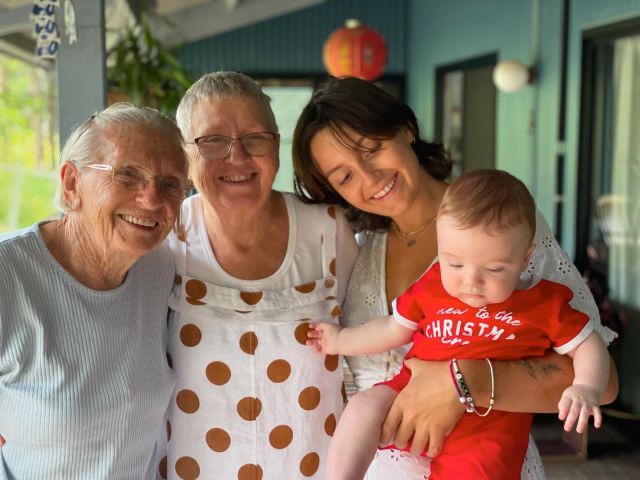Looking after your baby may seem like the number one priority as a new mum, but that doesn’t mean you should stop looking after yourself. You are just as important as your child – if you fail to look after yourself, you won’t be able to give your child the care it needs as you’ll be too tired, stressed and ill. Here are just a few things that you should do as a new mother as a way of looking after yourself…
Accept help from friends and family
Having support from other people is very important. Friends and family may volunteer to help out – they may even offer to babysit for a few hours whilst you get a nap or meet friends, or they may offer to help with chores or cook a meal. Don’t reject this help if you really do need it. Sure, there may be times when you want space from friends and family, but if you really are struggling then you should jump at this opportunity to take some of the load off. Don’t be afraid to ask for help either – people won’t think that you’re not coping just because you need a small break.
Buy comfortable clothing
It’s worth treating yourself to some cosy clothing for the first few weeks of motherhood in which you’re likely to still be feeling sore as a result of the birth (you may also be getting used to the discomfort of breastfeeding). Consider getting yourself some nice silk pyjamas for lounging around in and some cosy slippers too. Nursing wear such as a maternity bra could also be worth buying for adding extra comfort when breastfeeding. Try to avoid tight clothes that constrict or rub against sensitive areas. Yes, you may be bored of wearing loose clothing throughout your pregnancy, but your body still needs the breathing space.
Make improvements to your bedroom for your convenience
When it comes to making night feeds easier and encouraging your baby to sleep, a few bedroom improvements could be necessary. This could include putting the cot beside the bed so that you don’t have to get up in the night as well as stashing some supplies in your bedroom cabinet drawer such as diapers, wipes, pacifiers and bibs. You could even move the bin nearby so that you can quickly dispose of wipes and diapers.
When it comes to encouraging sleep, consider options such as blackout curtains and white noise transmitters. You should also consider improvement to help manage the temperature in the room – a portable electric fan or electric heater could be handy. Remember that any changes are only temporary and if it makes sense to rearrange the layout of your bedroom for the time being, you should do it.
Buy a breast pump
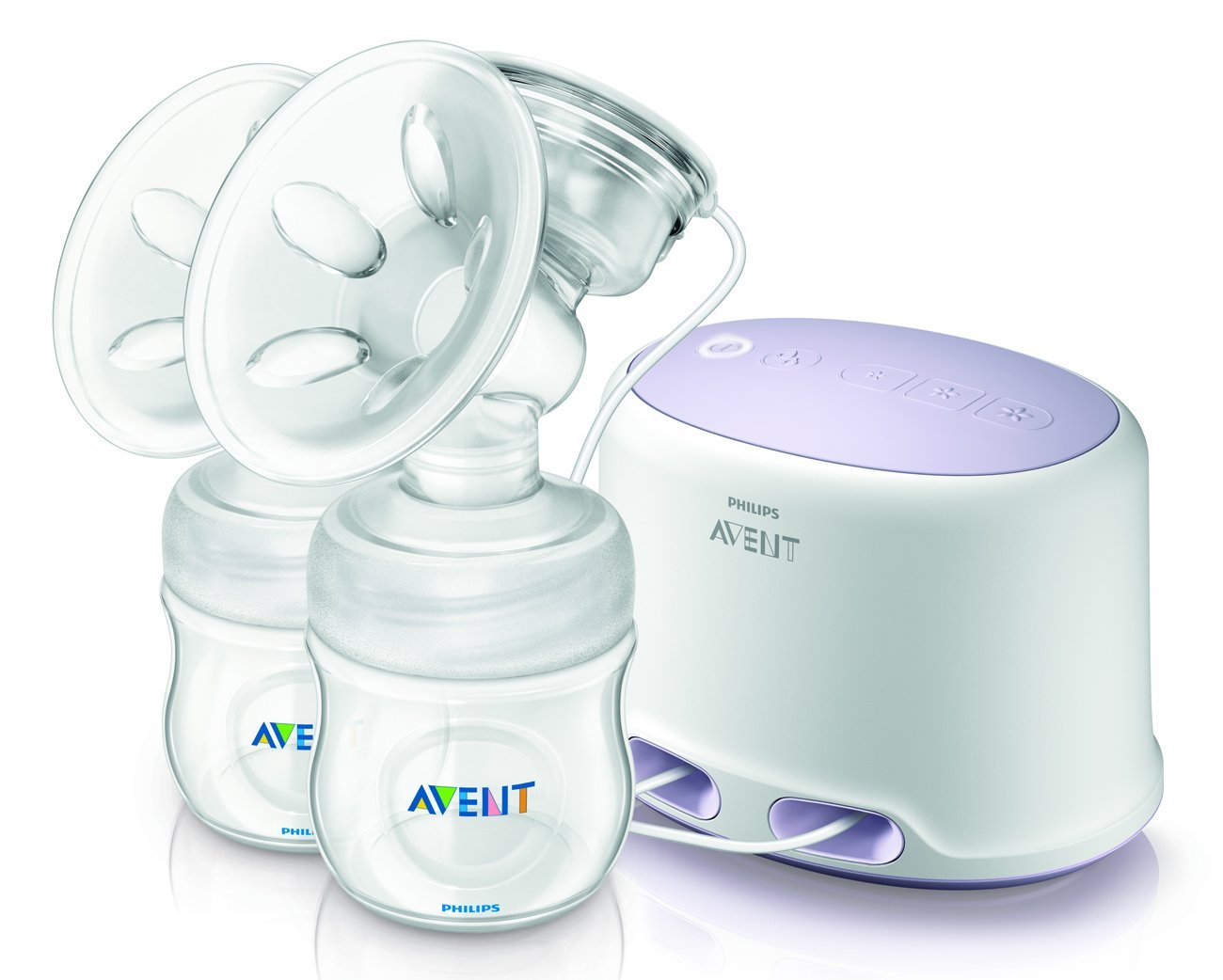
If you’re breastfeeding, a breast pump is likely to be your life saver. The idea of pumping out milk with a machine might seem weird, but it’s worth the added convenience that it can give you. By being able to transfer milk into bottles, your partner or a family member can take turns doing feeds, which could include night feeds. This could allow you to get more sleep as you won’t solely by the one responsible for getting up in the night. It’s worth shelling out on a premium quality breast pump as these are likely to be more comfortable and more efficient – a cheap pump could just add stress and discomfort. Read online reviews to see which pumps other mothers rate best.
Keep a close eye on birth injuries
The strains of childbirth can often result in injuries which may require stitches. There may even be internal tears or scarring from a caesarean section. Make sure to check that these injuries are healing well and that there is no infection or unwanted bleeding. You’ll likely have several appointments with a midwife in the week after birth in which they will ask about these injuries – don’t be too embarrassed to ask them to look if you’re unsure of the injuries yourself. Taking a daily bath could be good for helping to clean and heal your injuries as well as giving you some much needed relaxation time.
Be active, but don’t go crazy

New mums are often encouraged to exercise to help shed the weight gained during pregnancy. Specialist exercises such as kegels may also be needed for strengthening your pelvic floor. Whilst it’s important to stay active and not spend all day on the couch (as tempting as it may seem), you should be careful of overdoing exercise. Some of the fat gained during pregnancy is actually healthy as it can help you to preserve energy required for activities like breastfeeding. You certainly don’t want to be doing any high-intensity exercises as this could prevent your body from healing and do further damage, some of which could be permanent. Try to keep exercise toned-down so that you’re raising your heart beat but not physically exerting your muscles and body.
Eat enough food, drink enough water
Food and drink is also important for keeping your energy up. Try to drink more fluids through the day, especially if your are breast-feeding as this will help with the production of milk. It’s common for new mothers to get dehydrated or feel weak due to a lack of liquids. As for food, try to focus on getting certain nutrients that will help rebuild your strength.
Getting lots of protein will help your body recover and heal – load your plates up on foods like eggs, beans and meats. If you’re breastfeeding, getting an extra supply of calcium into your body could be useful – dairy products like milk and cheese are ideal foods for this. Iron is also necessary for rebuilding blood cells and can be found in many green vegetables, particularly broccoli and spinach. There are plenty of supplements available for iron, protein and calcium if for whatever reason you can’t eat foods that are rich in these nutrients.
Get out the house
You should try not to stay cooped up inside – the fresh air could be exactly what you need. The fresh oxygen and vitamin D from the sun will help your body to recuperate whilst also helping your mind if you are tired. The fresh air could also be great for your baby – studies have found that babies that get a good amount of fresh air every day are more likely to sleep well at night.
Know when to get professional help for your mental health
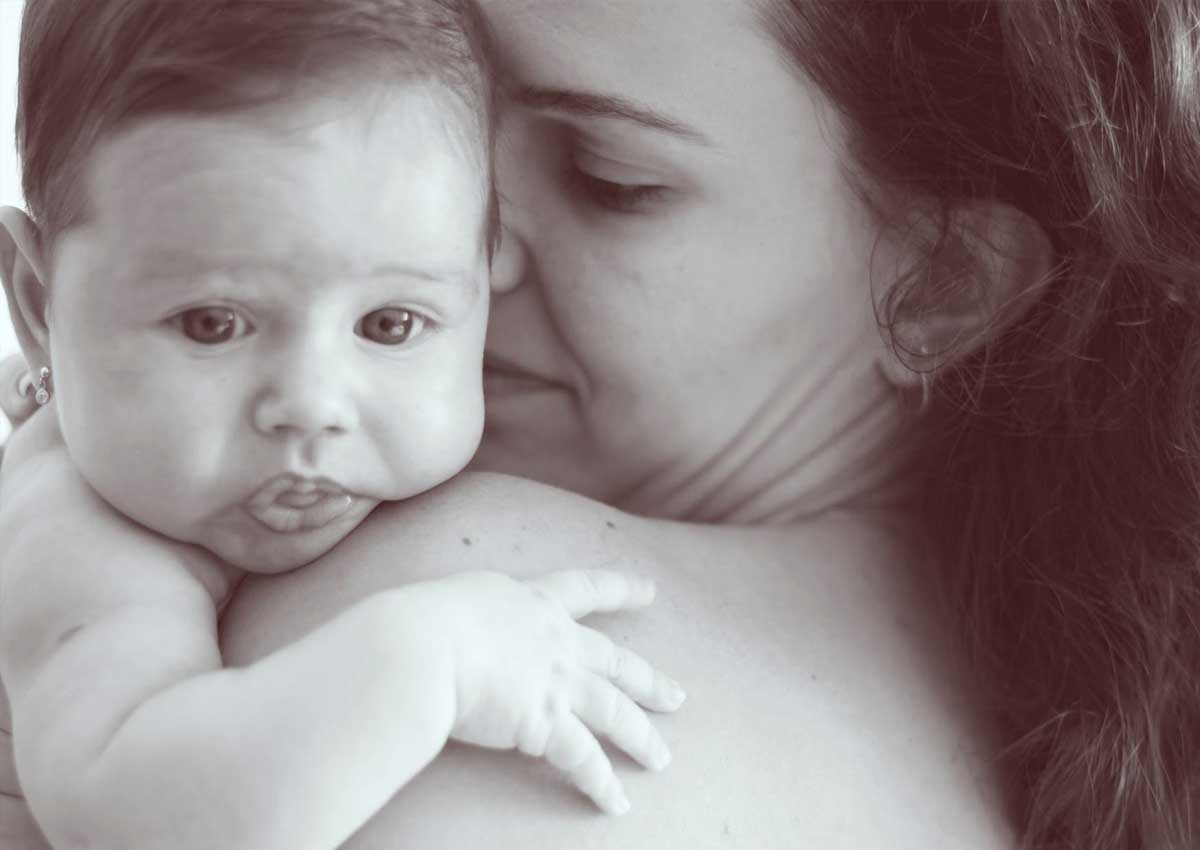
Becoming a mum can be a lot to take on mentally. Depression over lack of freedom and lack of sleep can get serious, whilst other mothers can anxiety fearing that they can’t look after their child. If you’re feeling that the stress is getting too much, don’t be afraid to see a counsellor or to see your doctor. A specialist post-natal counsellor could help you to find new ways of coping with motherhood and help to restore your mental health, whilst a doctor may be able to prescribe medication such as anti-depressants if you feel this is what is needed. Above all, make sure that you’re opening up to friends and relatives about your feelings before seeking professional help – mental illness is often the result of isolation, so make sure that you’re not closing yourself off from the people closest to you.

